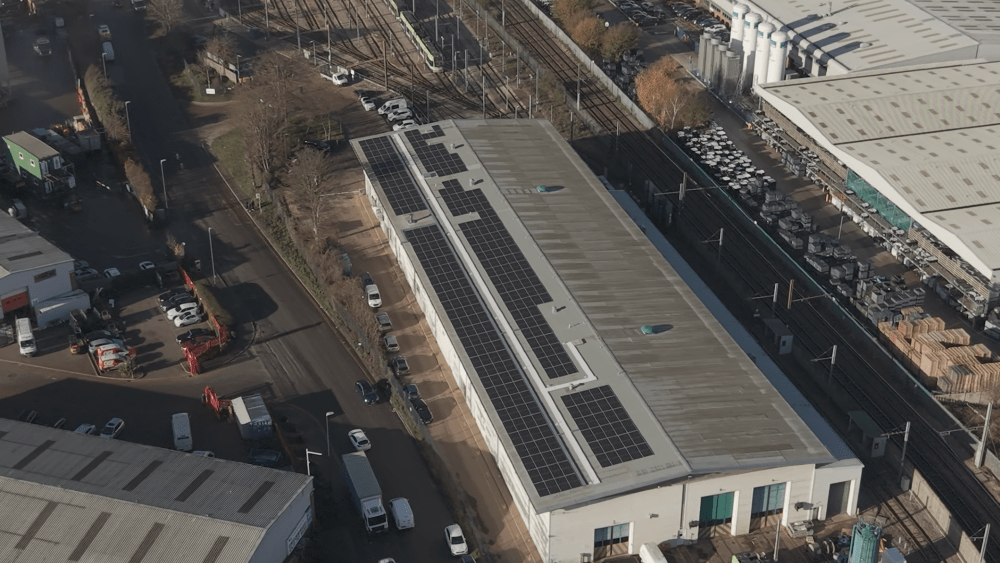The Climate Change Committee (CCC) has published an Independent Assessment of UK Climate Risk in which they have identified eight priority climate risk areas.
The CCC says that action to improve the nation’s resilience is failing to keep pace with the impacts of a warming planet and increasing climate risks facing the UK. That is the conclusion of the independent assessment which considered a catalogue of risks and opportunities affecting every aspect of life in the UK.
The UK is experiencing widespread changes in the climate; average land temperature has risen by around 1.2°C from pre-industrial levels, UK sea levels have risen by 16cm since 1900 and episodes of extreme heat are becoming more frequent. Since the CCC’s last assessment five years ago, over 570,000 new homes have been built that are not resilient to future high temperatures and since 2018 over 4,000 heat-related deaths have been recorded in England.
People, nature, and infrastructure are already vulnerable to a range of climate impacts today and these will only increase in the coming years as the climate continues to change. The longer action to address these risks is delayed, the higher the costs the Government and the UK public will face. Leadership from the UK Government and Governments in Wales, Scotland and Northern Ireland must result in increasing efforts to adapt to climate change to ensure that societal, economic, and environmental goals remain achievable in the face of climate change.
Baroness Brown, Chair of the Adaptation Committee said: “The severity of the risks we face must not be underestimated. These risks will not disappear as the world moves to Net Zero; many of them are already locked in. By better understanding and preparing for the coming changes, the UK can prosper, protecting its people, its economy, and its natural environment. A detailed, effective action plan that prepares the UK for climate change is now essential and needed urgently.”
UK-wide, nearly 60% of the risks and opportunities assessed in the 1500-page report have been given the highest urgency score. The CCC identifies eight priority risk areas which need immediate attention, at the latest in the next two years:
- Risks to the viability and diversity of terrestrial and freshwater habitats and species from multiple hazards
- Risks to soil health from increased flooding and drought
- Risks to natural carbon stores and sequestration from multiple hazards, leading to increased emissions
- Risks to crops, livestock and commercial trees from multiple climate hazards
- Risks to supply of food, goods and vital services due to climate-related collapse of supply chains and distribution networks
- Risks to people and the economy from climate-related failure of the power system
- Risks to human health, wellbeing and productivity from increased exposure to heat in homes and other buildings
- Multiple risks to the UK from climate change impacts overseas
In a statement CCC added: “There are strong benefits from taking effective adaptation action. The assessment identifies a range of steps that will have benefits in the next five years if implemented on a wide scale, such as building design and retrofit, habitat creation and improved access to information on climate impacts. Importantly, while the changing climate also creates some opportunities for the UK, these do not offset the risks and also require early action to realise.
“The Government has an important role. It must deliver a much better action plan to support good adaptation planning across the UK and integrate this into all relevant Government plans and policies. The Government has to date not heeded the CCC’s advice on the importance of this plan or on funding it adequately. This needs to change.”
Ross Easton, Director of External Affairs at Energy Networks Association, which represents the UK’s energy network operators said: “The energy networks are central to unlocking Net Zero in Great Britain. Our networks provide the backbone needed for more electric vehicles, heat pumps, hydrogen and renewables. We’re working with Ofgem to ensure our energy system is ready and resilient and that doesn’t just mean building more. It’s about using infrastructure and new technology in better, smarter ways to unlock benefits for consumers, businesses and society.”
Image: Shutterstock.












